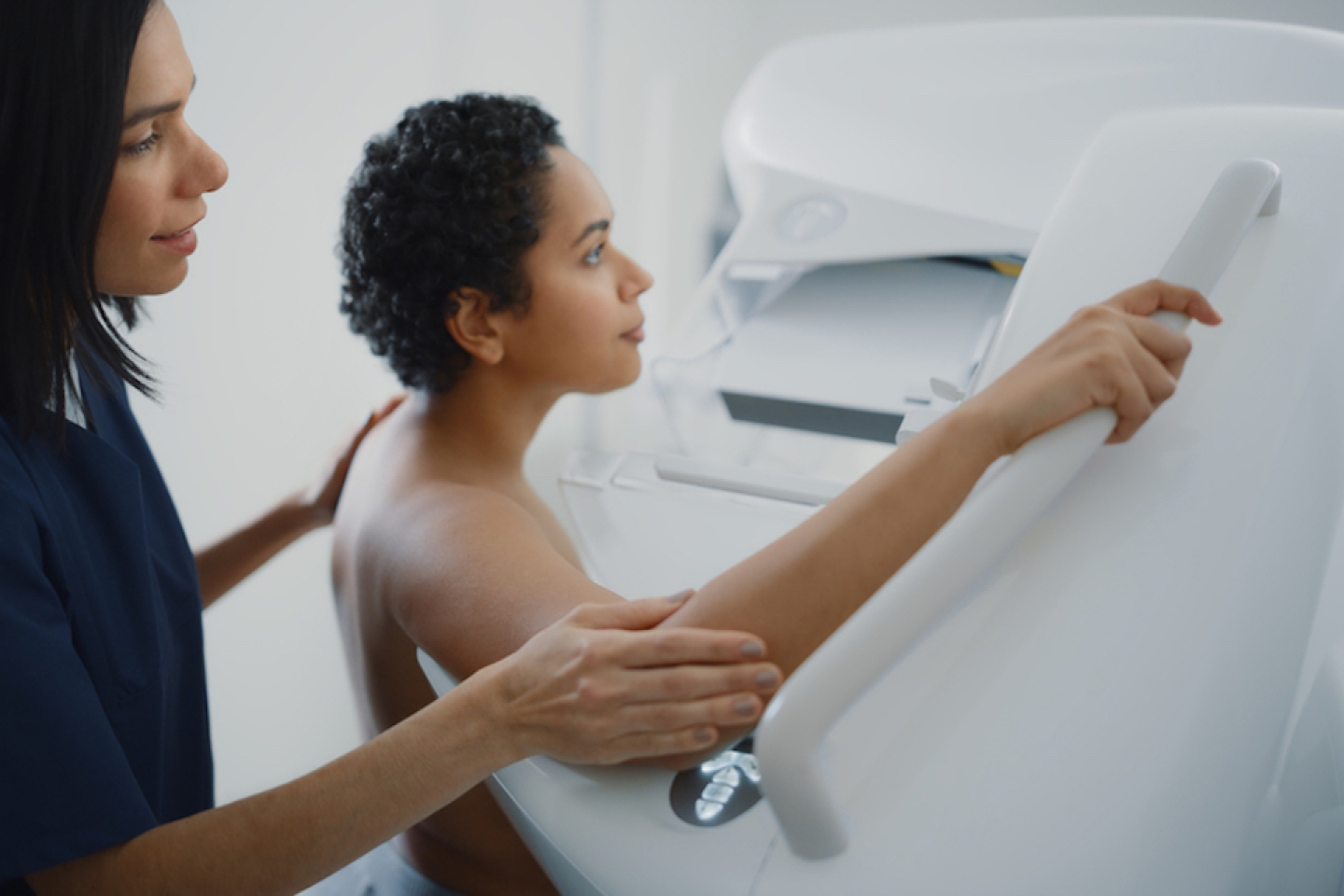
What follows is the first in a 3-part series on imaging procedures. The second article will focus on CT scans, and the third will help you prepare your child to come in for an X-ray.
Radiologists are doctors who specialize in looking at images of the body. They use advanced imaging technology to give you the most accurate and thorough diagnosis.
Your primary care physician may order a mammogram—a low-dose X-ray that will detect signs of breast cancer.
In April 2024, the U.S. Preventive Services Taskforce updated its guidelines for breast cancer screening, newly recommending that all women at average risk of breast cancer start undergoing screening mammograms at age 40.
This is in line with other medical authorities, including the Society of Breast Imaging, the American College of Radiology and the National Comprehensive Cancer Network, among others. All of these recommend annual mammographic screening for average-risk women beginning at age 40. These recommendations are based on clear evidence demonstrating that the earlier starting age saves the most lives.
Screening mammography allows breast cancers to be found at a smaller size and earlier stage, thus saving lives and improving prognosis. What’s more, should a breast cancer be found during a screening mammogram, women will benefit greatly from the great advances in the treatment of breast cancer, thus requiring less invasive and less extensive surgery and less toxic chemotherapy.
Additionally, every woman should have her lifetime risk of breast cancer assessed by age 25. If found to have an elevated lifetime risk, she can make sure to appropriately start screening even earlier than age 40—and screen with additional imaging modalities such as MRI.
Your first step is to schedule your mammogram. If possible, for the sake of comfort during the exam, pick an appointment date when your breasts are likely to be least tender or swollen.
…ask your care team, and expect your doctor’s office to follow up with your results. These will be made available electronically in your Connect account and sent to your doctor, who will review and discuss them with you. You may also receive a letter in the mail.
In some cases, additional scans may be needed to look more carefully at a certain part of your breast. We’ll call you to schedule an additional appointment, if needed.
Weill Cornell Medicine’s radiologists are always available to speak with you and answer any questions you may have.
To learn more about screenings and radiology services at Weill Cornell Medicine, please visit here.